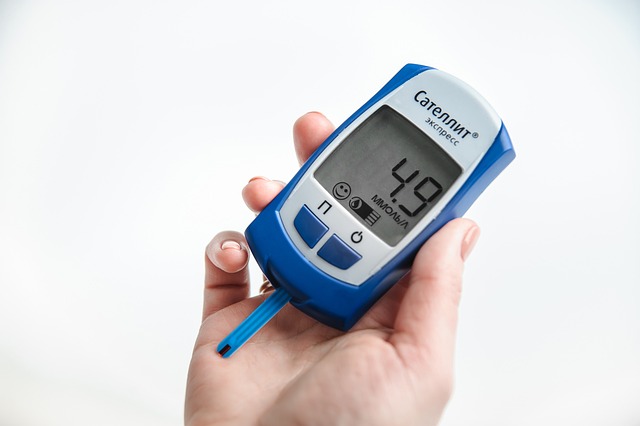Session Focus
Managing stress can help you prevent or delay type 2 diabetes.
This session we will talk about:
- Some causes of stress
- The link between stress and type 2 diabetes
- Some ways to reduce stress
- Some healthy ways to cope with stress
You will also make a new action plan!
Tips:
Know what situations make you feel stressed. Plan how to cope with them.
Learn how to say "no" to things you don't really want or need to do.
Barbara's Story

Barbara is 45 years old. She feels pulled in all directions. Her children are still in high school. Her father has bad health problems. Plus, Barbara works full time and is divorced.
Barbara's doctor tells her she's at risk for type 2 diabetes. He urges her to lose weight by eating well and getting active.
Barbara sighs. To her, taking care of herself is just one more thing to do.
When you feel stressed, you may feel:
- Angry
- Annoyed
- Anxious
- Confused
- Impatient
- Sad
- Worried
You may also have:
- Aching head, back, or neck
- Racing heartbeat
- Tight muscles
- Upset stomach
To make herself feel better after her doctor visit, Barbara goes home and eats a lot of ice cream.
When you feel stressed, you may:
- Drink too much alcohol
- Forget things
- Put off doing the things you need to do
- Rush around without getting much done
- Sleep too little, too much, or both
- Smoke
- Take too much medicine
- Work too much
You may also:
- Make unhealthy choices about eating or drinking
- Slack off on fitness goals
- Spend too much time watching TV or videos or using the computer
Barbara has trouble saying "no." So she ends up doing things she doesn't really want or need to do.
For instance, when she goes shopping with her kids, they often beg her to buy things. Usually, she caves in to their demands, just to make them stop. This makes Barbara feel stressed.
Barbara decides to get better at saying "no." The next time she goes shopping with her kids, they beg her to buy ice cream. This time, she says "NO!" And she holds firm. She's so proud of herself!
Ways to Reduce Stress
There's no surefire way to prevent stress. But there are ways to make your life less stressful. Try these tips.

Ask for help. Feel free to ask your friends and family for help. They care about you and want the best for you. And you can help them another time.
Be tidy. Keep your things in order.
Get enough sleep. Shoot for 8 hours per night.
Have fun! Make time to do something you enjoy.
Go for a walk with a friend, read a book, or watch a video … whatever makes you happy.
Just say "no." Learn how to say no to things you don't really want or need to do.
Know yourself. Know what situations make you feel stressed. Plan how to cope with them.
Make a to-do list. Put the most important things on top.
Remind yourself. Use notes, calendars, timers"whatever works for you.
Set small, doable goals. Divide large goals (like weight loss) into smaller chunks.
Solve problems. When you have a problem, try to solve it promptly. That way, it won't become a source of stress in your life.
Take care of your body and mind. That way, you'll be more prepared to tackle stressful situations.
Healthy Ways to Cope with Stress
Feeling stressed? Put down the cookies! Instead, try these healthy ways to cope with stress.
Count to 20 in your head. This can give your brain a needed break.
Soothe yourself. Get a massage, take a hot bath, have a cup of herbal tea, or put on some calming music.
Give yourself a pep talk. Say something calming, like: "There's no rush. I can take my time."
Try some ways to relax. You'll find them in the box at right.
Stretch. Do yoga or other stretching exercises.
Take a breather. If you can, take a break from whatever is making you feel stressed.
Talk about your feelings. Tell a friend or counselor how you feel.
Cut back on caffeine. Caffeine can make you feel jumpy and anxious.
Get moving! Do something active—even if it's just a walk around the block.
Do something fun. Go out dancing, go shopping, call a friend. Do whatever you enjoy—as long as it's healthy.
Think clearly. Things may not be as bad as they seem to be.













.webp)








